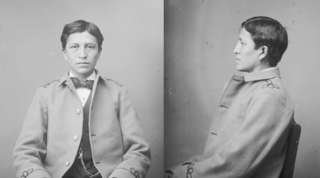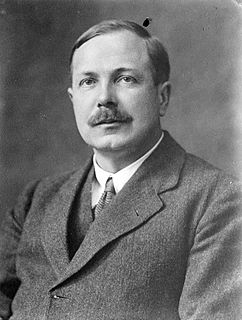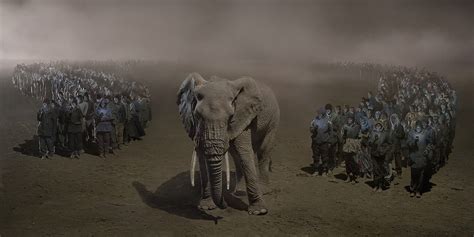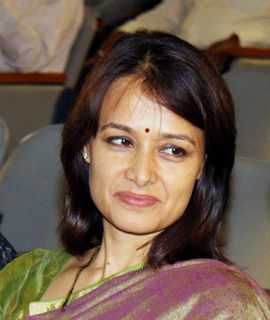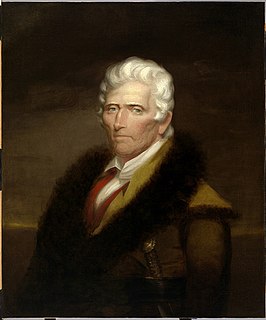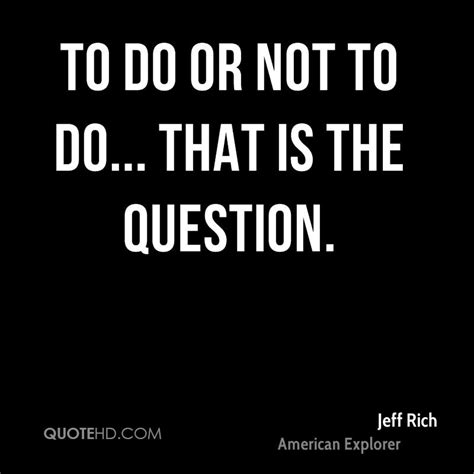A Quote by Jacques Yves Cousteau
When we return wild animals to nature, we merely return them to what is already theirs. For man cannot give wild animals freedom, they can only take it away.
Related Quotes
Hear and attend and listen; for this is what befell and be-happened and became and was, O my Best Beloved, when the Tame animals were wild. The dog was wild, and the Horse was wild, and the Cow was wild, and the Sheep was wild, and the Pig was wild -as wild as wild could be - and they walked in the Wet Wild Woods by their wild lones. But the wildest of all the wild animals was the Cat. He walked by himself and all places were alike to him
It was wrong to capture wild animals and confine them in captivity for people to go and gawk at them. And that's basically how zoos got started. But once you do that, and once you have animals that have been bred in captivity, you're really stuck with them in some sense. You can't return them to the wild.
Only to the white man was nature a "wilderness" and only to him was the land "infested" with "wild" animals and "savage" people. To us it was tame. Earth was bountiful and we were surrounded with the blessings of the Great Mystery. Not until the hairy man from the east came and with brutal frenzy heaped injustices upon us and the families that we loved was it "wild" for us. When the very animals of the forest began fleeing from his approach, then it was that for us the "Wild West" began.
Some kinds of animals burrow in the ground; others do not. Some animals are nocturnal, as the owl and the bat; others use the hours of daylight. There are tame animals and wild animals. Man and the mule are always tame; the leopard and the wolf are invariably wild, and others, as the elephant, are easily tamed.
There is no excuse for keeping wild animals in amusement parks or circuses. Until our governments take action, we should avoid supporting places where captive wild animals perform for our amusement. If the public will not pay to see them, the businesses that profit from keeping animals captive will not be able to continue.
English literature, from the days of the minstrels to the Lake Poets,--Chaucer and Spenser and Milton, and even Shakespeare, included,--breathes no quite fresh and, in this sense, wild strain. It is an essentially tame and civilized literature, reflecting Greece and Rome. Her wildness is a greenwood, her wild man a Robin Hood. There is plenty of genial love of Nature, but not so much of Nature herself. Her chronicles inform us when her wild animals, but not the wild man in her, became extinct.
Some meat eaters defend meat eating by pointing out that it is natural: in the wild, animals eat one another. The animals that end up on our breakfast, lunch, and dinner plates, however, aren't those who normally eat other animals. The animals we exploit for food are not the lions and tigers and bears of the world. For the most part, we eat the gentle vegan animals. However, on today's farms, we actually force them to become meat eaters by making them eat feed containing the rendered remains of other animals, which they would never eat in the wild.
Few photographers have ever considered the photography of wild animals, as distinctly opposed to the genre of Wildlife Photography, as an art form. The emphasis has generally been on capturing the drama of wild animals IN ACTION, on capturing that dramatic single moment, as opposed to simply animals in the state of being.
Birds and animals in the wild migrate every year to safer and nurturing pastures, leaving behind the old environment. After nurturing their young ones, they return to thrive in the old environs. I use that analogy to meditate. You migrate to your inner soul, nurture the strength, light and creativity there, and return.
Sometimes animals may suffer more because of their more limited understanding. If, for instance, we are taking prisoners in wartime we can explain to them that although they must submit to capture, search, and confinement, they will not otherwise be harmed and will be set free at the conclusion of hostilities. If we capture wild animals, however, we cannot explain that we are not threatening their lives. A wild animal cannot distinguish an attempt to overpower and confine from an attempt to kill; the one causes as much terror as the other.





